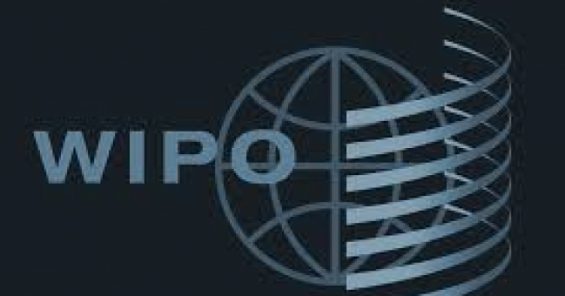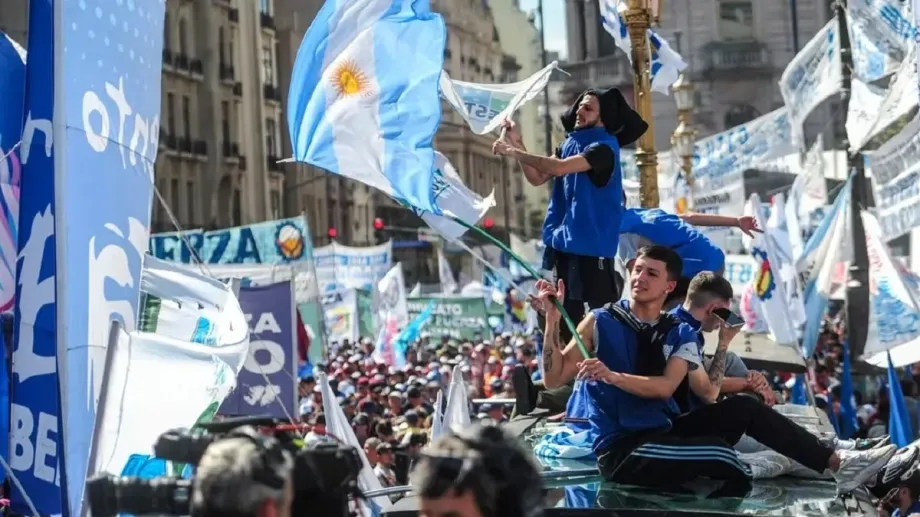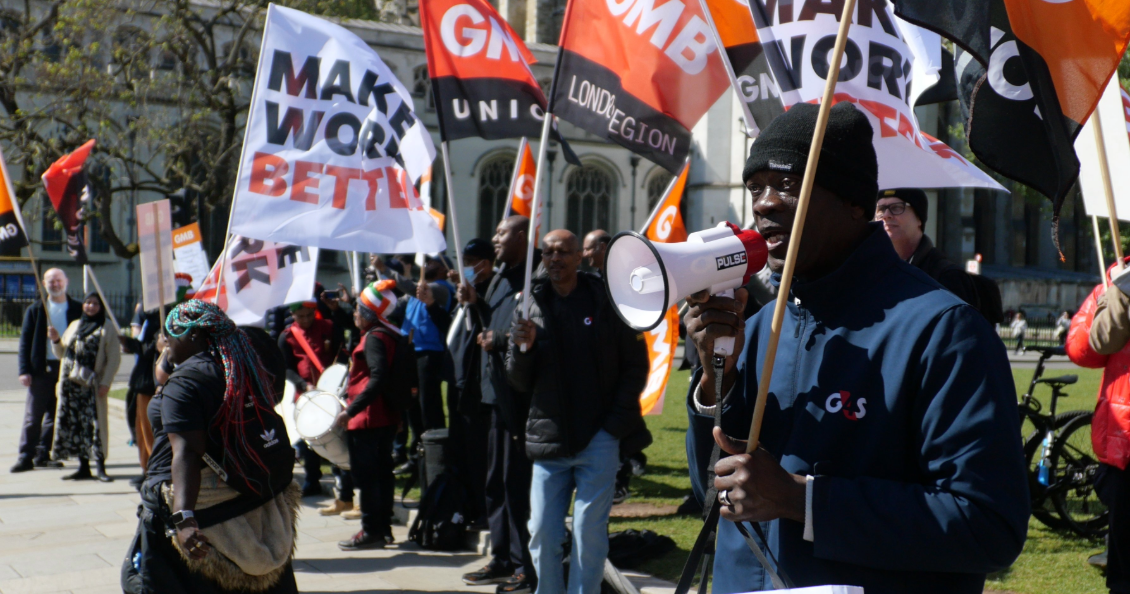The Standing Committee of Copyright and Related Rights (SCCR) of the World Intellectual Property Organisation (WIPO) met at the beginning of April to discuss its two main issues: the development of an international treaty for the protection of broadcasting organisations, and limitations and exceptions for libraries and archives as well as for educational and research institutions and persons with other disabilities.
Regarding the protection of broadcasting organisation, the Member States of WIPO agree that further protection is needed at international level, due to the need to fight signal piracy. However, the issue is highly technical, and some key elements still need to be clarified before a treaty can go forward.
Some of the outstanding issues are defining the extent of protection; finding agreement on deferred transmissions; differentiating between protecting content and protecting signal; re-transmissions.
The SCCR is making slow but steady progress in clarifying the views of the Member States and in working towards consensus on the outstanding questions. The WIPO General Assembly has recommended to the SCCR to work towards a diplomatic conference in the 2020/2021 biennium.
UNI MEI is, in principle, in favour of an updating of the protection given to broadcasting organisations. The existing legal instruments are no longer adequate, in particular the Rome Convention, due to the technological revolution in regard to the transmission of programming.
Whatever new protection that is extended to the broadcasting organisations, whatever the juridical form it takes, but especially if it be in the form of a specific treaty, it is important that the new legal instrument does not undermine the rights and interests of creators. Going forward, we will work closely with our sister organisations and other rightsholders to ensure that a WIPO treaty fully protects the rights of authors and performers.
In this respect, it must be recalled that broadcasting organisations are, above all, exploiters of copyright and neighbouring rights in the context of the programming they broadcast.
Regarding limitations and exceptions, there is no consensus within the SCCR on the need of a legally binding international instrument. The general view is that some joint work is needed to ensure that public institutions can fulfil their public service roles, but that the SCCR should rather aim to better understand the issues under discussion and to focus on ensuring that these rights can function efficiently within the existing framework.
The SCCR has recently added new items on its agenda and will continue to work also on: copyright related to the digital environment, the protection of theatre directors, and artists’ resale right.
Click on this link to download the working documents of the SCCR



